Sprint exec criticizes AT&T 3G; Palm CEO talks iPod, Apple
Sprint: AT&T's 3G "virtually useless"
Speaking at the 4G World Conference in Chicago, Sprint president of corporate initiatives and CDMA, Keith Cowan, took the opportunity to promote his company's 4G network. The company will provide WiMAX service over the Clearwire network to 80 cities by the end of 2010.
In rolling out its new high-speed data network, Cowan said Sprint hopes to avoid a situation like the on AT&T currently finds itself in, according to PCWorld.
"As our friends at AT&T are learning, it doesn't matter to consumers if they have the coolest device, if the network is so jammed up that it is virtually useless," Cowan said.
As criticism of AT&T's network, particularly among iPhone users, has grown, the company has essentially been forced to admit its shortcomings, while it plans to invest billions of dollars in its network to boost coverage. But as the network has struggled to meet capacity, particularly since the launch of the iPhone 3GS, perception of the AT&T brand has diminished.
The new iPhone 3GS has support for 7.2Mbps high speed packet access. AT&T plans to roll out HSPA in six U.S cities this year, and plans to have service available in 25 of the nation's 30 largest markets by the end of 2010. The nation's second-largest carrier intends to begin rollout of 4G LTE — its next-generation wireless broadband WiMAX competitor — in 2011.
Rubenstein talks Apple, iPod
Palm's CEO, Jon Rubinstein, was the first guest on the new The Engadget Show this week. In 1990, Rubinstein joined Apple CEO Steve Jobs at the company NeXT, who later brought him to Apple as senior vice president of hardware engineering. In his time there, he was instrumental in the creation of the iPod.
In the interview, Rubinstein talked about his time at Apple and his influence on the iPod. He said Jobs invited him to come to Apple in 1997 to help the then-strugling company.
"At the time, Apple was in terrible, terrible shape," Rubinstein said. "So I decided that it was a really interesting opportunity."
He explained that the iTunes project was originally kicked off with the intent of creating a CD burning application.
"HP was kicking our butt because of CD burners," he said.
As work began on iTunes, Apple began looking at current MP3 players available on the market, which Rubinstein said were all "terrible." It was during this time that he took a trip to Japan to see what new technologies vendors had to offer, and he discovered the 1.8-inch hard drive. From there, he said, it was a convergence of new technology that allowed the iPod to come to be.
In 2007, Rubinstein joined Palm Inc. where he oversaw the development of the WebOS platform and the Palm Pre. This June, just after the launch of the Pre, Rubinstein was named CEO of Palm.
Palm announced Thursday that it sold 823,000 smartphones last quarter, a year-over-year decrease of 30 percent.
 Katie Marsal
Katie Marsal
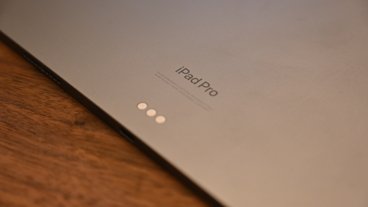









 Stephen Silver
Stephen Silver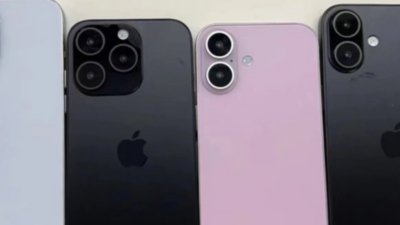
 Charles Martin
Charles Martin
 Christine McKee
Christine McKee
 Malcolm Owen
Malcolm Owen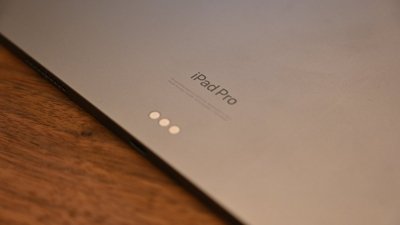

 Mike Wuerthele
Mike Wuerthele


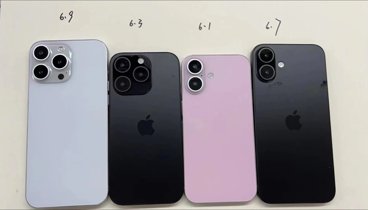
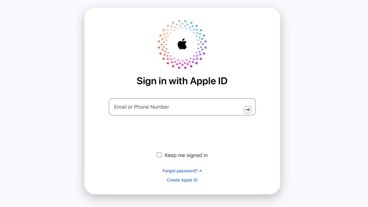






61 Comments
Interesting talk. Goes to show there's more to Apple than Mr. Ego.
Interesting talk. Goes to show there's more to Apple than Mr. Ego.
I agree. It's also very interesting to find out how something as revolutionary and mainstream as iTunes started out with such a small idea. Seems that a lot of big ideas also start out in this manner.
(if only I could think of one of these ideas \)
Interesting talk. Goes to show there's more to Apple than Mr. Ego.
:snicker:
One wonders if Sprint's solution is to have crappier phones and less customers, and therefore have less problems.
The iPhone has certainly shown AT&T's issues, but I remain to be convinced that if it were on Sprint or Verizon it wouldn't have performed a similar hatchet job on their reputations. There's no other phone out right now that generates the sort of network traffic the iPhone does, especially amongst Verizon's line up of crippled junk.
I agree. It's also very interesting to find out how something as revolutionary and mainstream as iTunes started out with such a small idea. Seems that a lot of big ideas also start out in this manner.
(if only I could think of one of these ideas \)
Ha! Ending... A lot of the best ideas are ones the person who makes them likes or wants themselves. Take me for example. I have been trying to come up with good ideas for ages, and finally the best idea yet comes from a surprising place - it's a Twitter service I wished existed, it didn't so I created it. And the idea, as most of them are is brain-dead simple, pardon the analogy. The idea? How dare you ask me to Spam, twitboy!